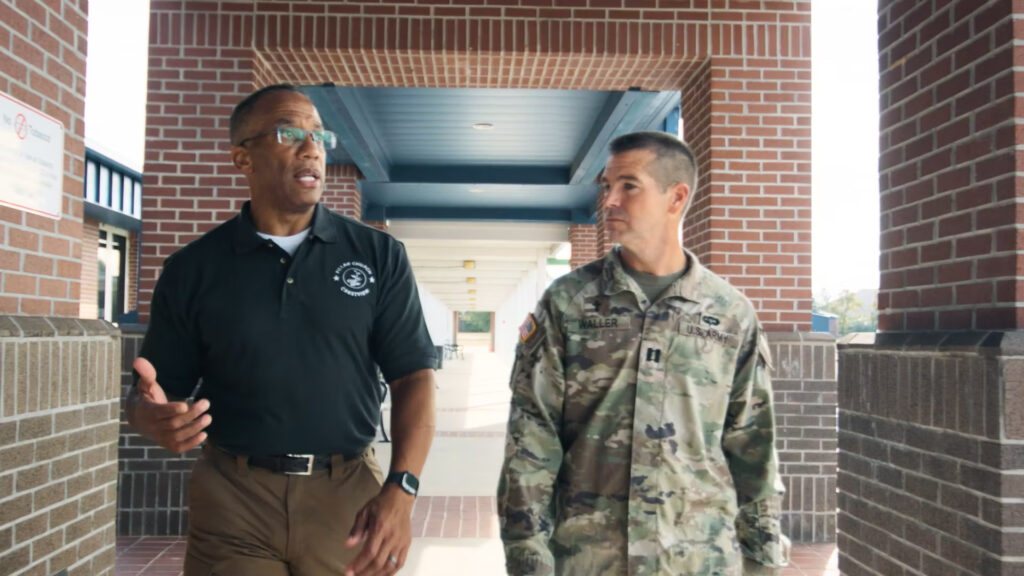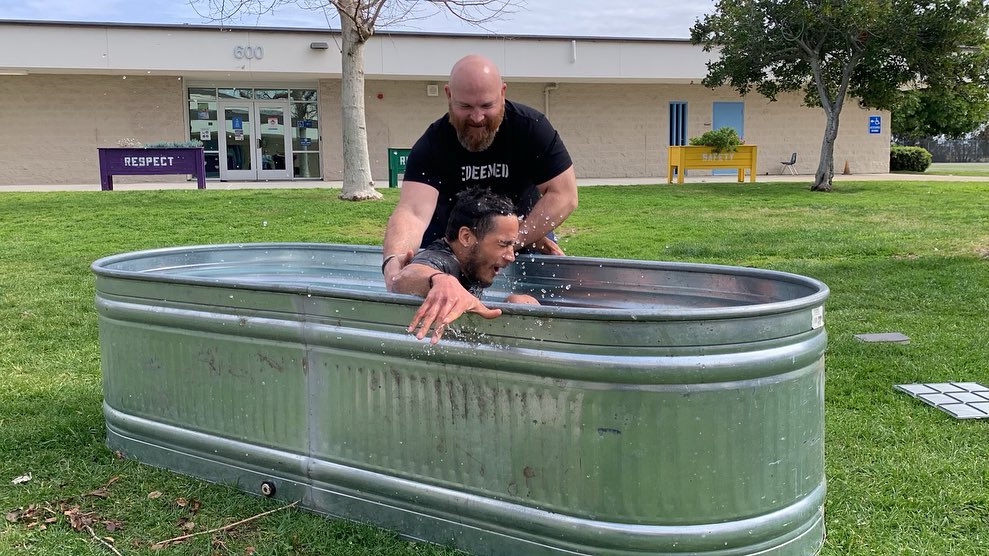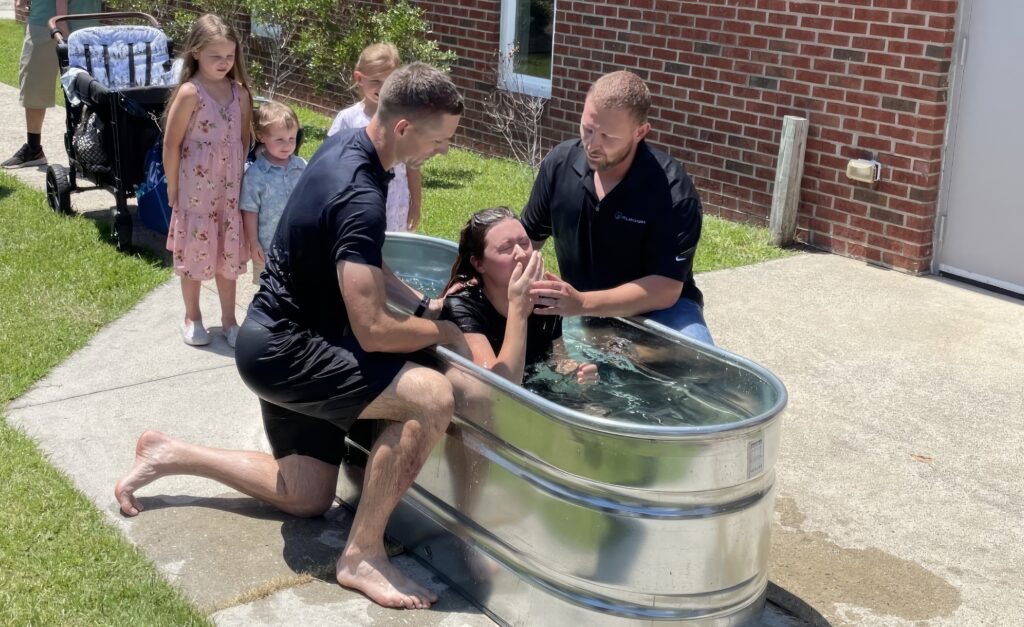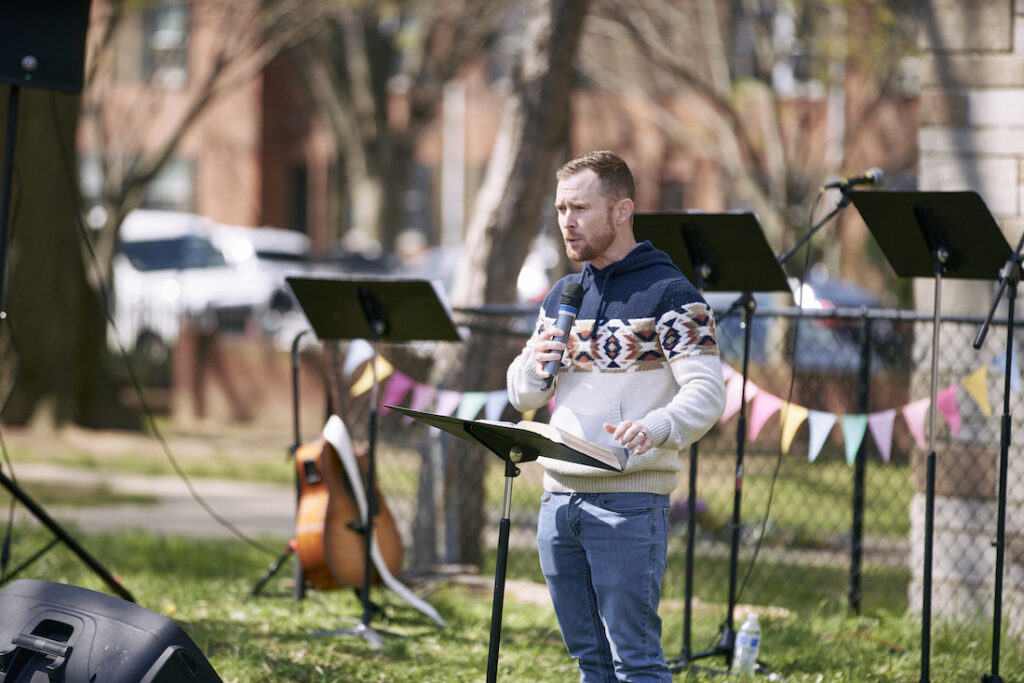“Do you think coaching will be around a few years from now or will it be just another one of those things?” A close friend of mine was not challenging me—he was asking a legitimate question. I thought a minute and gave him as honest an answer as I could. “For some of us, yes, for others, no—some of us need coaching more than others.” I am one of those people who need coaching. For over 10 years I have been on the coaching bandwagon. I have spent hours training and being trained. I have spent even more hours coaching and being coached. I have seen how God can use coaching to help leaders gain focus, solve problems and get greater results. Here are three reasons why I will coach and be coached for the rest of my life:
1. Coaching supports a relational model for discipleship
At times we have been guilty of a “be well be fed” approach to evangelism, missions and church planting. We ask questions about conversion, calling and a few about character. Then we lay hands on our candidate, pray and wish them the best. We may invite them to a few large meetings—and even require those meetings. But who in our systems is having consistent, personal conversations with the people God has assigned to something new? A coach becomes that “asking” voice among voices that goes to the deeper places in the life of a missionary-planter. He or she engages their unique story, as well as current obstacles. The coach knows their plans, dreams, and disappointments. They connect the story of the people they coach with God’s story through scripture and prayer. Coaching is a relationship between disciples.Paul described his relationships with disciples in highly personal terms, “We cared so much for you that we were pleased to share with you not only the gospel of God but also our own lives, because you had become dear to us” (I Thessalonians 2:8 HCSB).
2. Coaching creates a platform for leadership development
Everybody’s not the same, so they can’t be led the same ways. Leading and developing leaders is totally different than developing followers. We need this reminder often: Some of the people we are leading are leaders, just like us. The Golden Rule of leadership development is lead as you want to be lead. High level leaders need space to process, experiment, and make discoveries on their own. Did you notice how Jesus developed his first 12 leaders? He sent them quickly but he stayed connected relationally. In the process He asked great questions as He helped them debrief, grow, and discover His ways.
3. Coaching counters a “one-size-fits-all” mentality for God’s mission
A church planter whom God has called is doing something never done before. Never in history has a person planted a church in their exact location, at their exact time, with their specific gift mix, with their particular people. Is there some “one-size-fits all” principles and practices that will help? Absolutely. But if that is all it took no church planter would ever fail. Hearing God, discovering next steps, and being accountable must be a part of any formula, even a time-tested one. A church planter coach helps a planter continue to process their current realities, make clear decisions, and be accountable for follow through. The coach also helps the planter process the unique challenges, both personal and public, that a missionary planter faces. Jesus told his disciples “As the Father has sent Me, I also send you” (John 20:21 HCSB). We commonly interpret this as inspiration to send more. That’s a good thing. But we also must embrace the importance of “sending well” at the same time. Did the Father send well? Would the Son send any different than His Father? By faith as we send well, we will send more. A great missionary coach plays a critical role in sending well.
Published January 10, 2015




